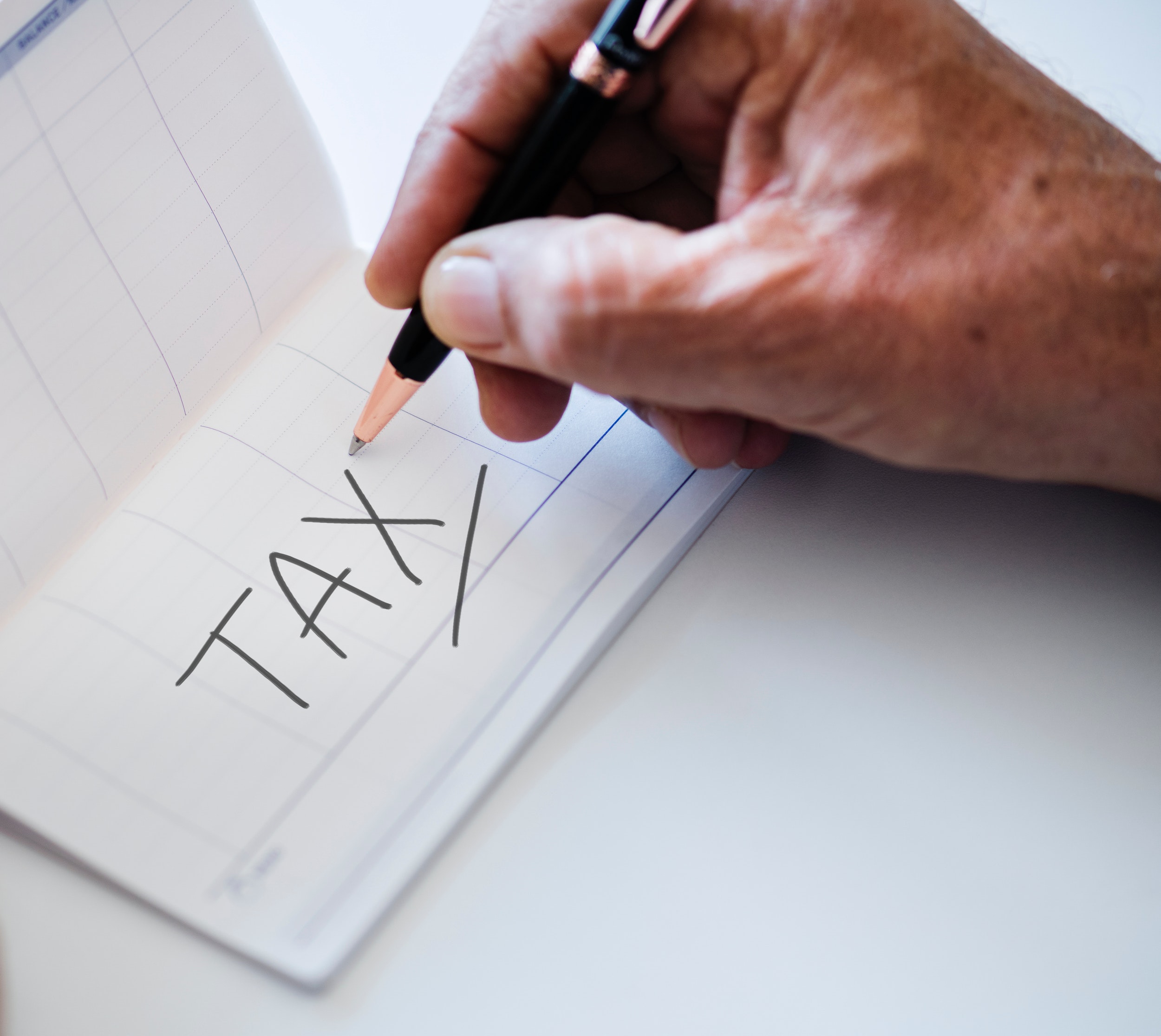Her Majesty’s Revenue & Customs, or HMRC for short.
If you are self-employed, you must complete a yearly tax return, showing HMRC how much money you brought in and how much you paid out in the operation of your business during one financial year. They work out how much income tax you owe, and you pay them.
It all sounds so simple, but as we know all too well, there are many out there who, for many different reasons, don’t manage to do this and end up on the wrong side of HMRC.
This case study illustrates the fact that there is no such thing as a situation that’s too far gone. Even when you’ve really messed up, even when HMRC are breathing down your neck – there is always a way out. In fact, sometimes there’s more than one way out.
The Story
Our client had been self-employed for a number of years as a sole trader. This is a very common legal structure for an individual who is running a business by themselves. It means that the self-employed person can keep all of the profits once tax is paid, and also that they are personally liable for the losses of their business. In the eyes of the law, the individual and the business are one and the same, rather than two separate legal entities.
You can read more on HMRC’s website about the details of registering and operating as a sole trader.
This person came to us after HMRC served them with a statutory demand. Although they had done quite well in business financially, they had not been filing tax returns, and the tax office was taking action to recoup several years of unpaid tax bills. As the tax office hadn’t received all of the tax returns, they had estimated their total outstanding liability.
You wouldn’t believe how common this is – so many people go into business because they are superb at their profession, only to have otherwise brilliant enterprises scuppered by being administratively poor.
Our client had also racked up a fair degree of personal debt too, through things like loans and credit cards.
To complicate matters, they had since set up a limited company as well. Unlike sole traders, a limited company is legally separate from the people who run it. If our client was declared bankrupt as a result of the statutory demand on their sole trader debt, they would not legally be allowed to hold their Directorship of the limited company whilst being an undischarged bankrupt – in fact, it would be a criminal offence to do so.
So, as well as the looming debt to HMRC (and a host of other creditors) they were faced with the threat of losing their role in their company and, potentially, even criminal proceedings!

The Solutions
We began by proposing an Individual Voluntary Arrangement (IVA) whereby the client would pay back all of their sole trader debt within five years. An IVA is a formal and legally binding agreement between you and your creditors to pay back your debts over a period of time.
Unfortunately, HMRC vetoed the IVA, and they were able to do this because the debt owed to them was so much bigger than the debts owed to the other creditors collectively, that they had the power to outvote the other creditors. The rule is that 75% of creditors voting on the arrangement have to agree to the deal being put forward.
HMRC considered our client too much of a risk, based on their non-compliance with their previous tax returns. The tax office seemed to consider that in this case, the IVA was ‘debt dumping’ and they didn’t want to risk not getting the money they are owed.
In light of this, we presented the client with two further possible solutions:
- Do your tax returns to find out your actual tax debt – then put together another IVA proposal
As HMRC’s debt claim was based on their estimation of what our client’s tax bill was likely to be. If, in fact, it turned out to be significantly lower than their estimated figure, then they wouldn’t have that enormous casting vote.
This could make it possible to get an IVA agreed. Getting those tax returns done also demonstrates compliance. We further recommended that the client step down as Director of the limited company and become an employee instead, in order to further reduce their compliance risk.
2. Deal with HMRC direct and place all other creditors into an IVA
A second option exists, which is to take HMRC out of the IVA altogether. HMRC would be one debt, and the creditors in the IVA would be a second debt.
HMRC would be paid back directly via a Time To Pay arrangement and receive more favourable terms than those in the IVA, probably getting 100% of their debt paid back, whereas the other creditors may have to agree to 30p in the pound (ie 30% of their debt repaid).
However, with HMRC holding all the cards in the IVA and being dead set against approving it, the other creditors getting 30% of their debt returned is preferable to getting nothing at all. Therefore, we were confident the other creditors would agree to this arrangement.
There’s risk inherent in option 2. An IVA protects the personal assets of our client; if they missed a payment to HMRC then they could still be declared bankrupt. Assets like their home could be at risk if they don’t stick to the commitments they have entered into.
![]()
The lessons learned:
Poor administration can destroy any business
It’s a false economy to DIY your entire business, even as a sole trader. Be an expert in your field – and outsource the expertise you lack.
It’s never too messy and it’s never too late
This case really demonstrates the creativity a good insolvency practitioner brings to the table. You might think you are up a certain creek without a paddle, but we have yet to be presented with a case we couldn’t find a solution to.
Ask for help before you struggle
It’s never too late to sort out your debt situation – that said, things can be resolved far more quickly, easily and favourably the sooner you seek professional help.
The best things in life are free!
We give free advice to roughly 8 out of every 10 enquiries we get over the phone about debt, insolvency, bankruptcy and cashflow issues. It’s why we started this blog – we believe in financial rescue and we’re passionate about empowering people with good, free information. Any good professional services firm should be happy to take ten minutes to help you on the phone.
If you or someone you know is facing a debt dilemma and could use some friendly guidance, give us a call today on 0800 0465 029.
Got an idea for a business or personal finance, cashflow or insolvency issue we could tackle on the blog? Get in touch! Drop a line to info@jtmaxwell.co.uk or join the conversation over on our Facebook, Twitter, Instagram or Linked In.




